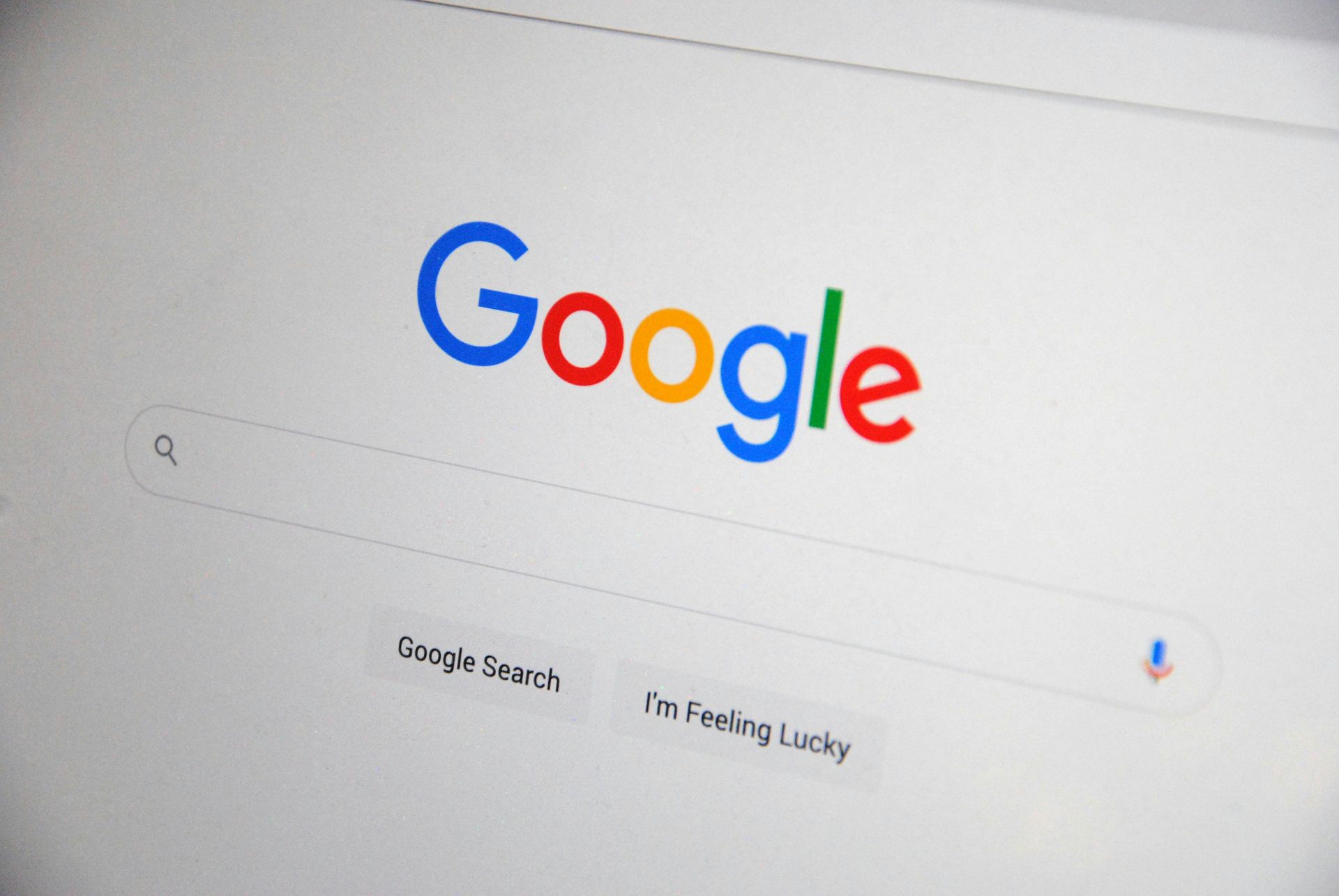Reducing Late Payments and Enhancing Billing Efficiency with SMS for Medical Resupply
Reducing Late Payments and Enhancing Billing Efficiency with SMS for Medical Resupply

In the medical resupply industry, timely payments are critical to maintaining smooth operations and delivering essential supplies to patients. Late payments not only disrupt cash flow but also increase administrative burdens, taking valuable time away from serving customers effectively.
SMS communication has emerged as a game-changing tool for medical resupply companies, offering a simple, direct, and efficient way to manage billing processes. By sending reminders for invoice due dates, payment confirmations, and even failed transaction alerts, SMS can improve cash flow, enhance customer satisfaction, and reduce administrative work.
Let’s explore how SMS can help your medical resupply company streamline billing and ensure timely payments.
1. Send Friendly Payment Reminders
Patients often miss payment deadlines due to forgetfulness, not intention. SMS payment reminders are an effective way to give them a gentle nudge before invoices are overdue.
Example:
“Hi Alex, your invoice for CPAP supplies (#12345) is due on Dec. 15. Pay now: [link]. Thank you!”
These reminders are short, actionable, and convenient, reducing the likelihood of late payments while improving customer satisfaction.
2. Provide Immediate Payment Confirmation
When patients make a payment, confirming it via SMS reassures them that their transaction was successful. This simple step builds trust and reduces follow-up inquiries.
Example:
“Hi Sarah, your payment of $120 for order #98765 has been received. Thank you! For details, visit: [link].”
Automated confirmations also free up your customer service team from manually addressing payment-related questions.
3. Alert Patients to Past-Due Invoices
For invoices that slip through the cracks, SMS can provide a polite but firm reminder to settle outstanding balances.
Example:
“Hi John, your invoice for CPAP supplies (#65432) is past due. Please pay now to avoid service interruptions: [link]. Need help? Reply to this message.”
This proactive approach helps maintain cash flow and prevents disruptions in the patient’s access to medical supplies.
4. Enable Quick and Secure Payments
Integrating SMS reminders with a secure payment gateway allows patients to pay directly from their phones, making the process as convenient as possible.
Example:
“Hi Emily, your invoice (#54321) for diabetic test strips is due. Pay securely here: [link].”
By offering a seamless payment experience, you’re more likely to receive payments on time while reducing friction for your customers.
5. Reduce Administrative Work
Manually tracking overdue invoices and following up with patients can drain time and resources. Automated SMS reminders eliminate much of this administrative burden by:
- Automatically sending reminders at preset intervals (e.g., 7 days before due, on the due date, and after the due date).
- Keeping records of sent messages for easy follow-up.
- Providing real-time updates on payment statuses.
With fewer manual tasks to manage, your staff can focus on higher-value activities, like assisting patients with their medical supply needs.
6. Address Failed Payments Immediately
When a payment fails due to issues like expired credit cards or insufficient funds, SMS notifications can prompt patients to resolve the issue quickly.
Example:
“Hi Chris, your payment for invoice #98765 failed. Please update your payment method here: [link]. Need help? Reply to this message.”
This timely communication ensures patients can address the problem without delay, helping you maintain a steady cash flow.
7. Enhance Transparency and Build Trust
Transparent communication is key to building trust with your patients. SMS updates about billing statuses, payment plans, or changes in invoice amounts demonstrate your commitment to keeping patients informed.
Example:
“Hi Taylor, your payment plan for invoice #87654 has been updated. Your next installment of $50 is due on Jan. 10. Pay now: [link].”
This openness reassures patients and encourages timely action.
8. Improve Cash Flow Predictability
Timely payments lead to more predictable cash flow, allowing you to better manage inventory, staffing, and other operational needs. SMS reminders reduce payment delays and provide consistent, reliable revenue streams.
By automating this process, you ensure that invoices are addressed promptly without requiring additional resources.
9. Stay Compliant and Secure
In the healthcare industry, maintaining privacy and compliance is critical. SMS platforms designed for medical use ensure messages are encrypted and HIPAA-compliant, protecting sensitive patient and financial information.
For example:
“Hi Alex, your invoice for CPAP supplies is due. For details, log in to your secure portal here: [link].”
This approach safeguards patient trust while streamlining billing.
How to Get Started with SMS for Billing
Integrating SMS into your billing processes doesn’t have to be complicated. Start by:
- Identifying key touchpoints where SMS can provide value, such as due date reminders, past-due notices, and payment confirmations.
- Setting up automated workflows for sending messages at the right time.
- Partnering with a provider like Hatch Strategies to implement a secure and reliable SMS solution tailored to your needs.
With the right tools, you can transform your billing process into a more efficient and patient-friendly system.
In Conclusion
SMS is a powerful tool for reducing late payments and enhancing billing efficiency in the medical resupply industry. By sending timely reminders, providing easy payment options, and addressing issues proactively, you can improve cash flow, reduce administrative work, and strengthen patient relationships.
Ready to streamline your billing process? Let Hatch Strategies help you implement SMS solutions that ensure your patients stay on track—and your business stays on schedule.












